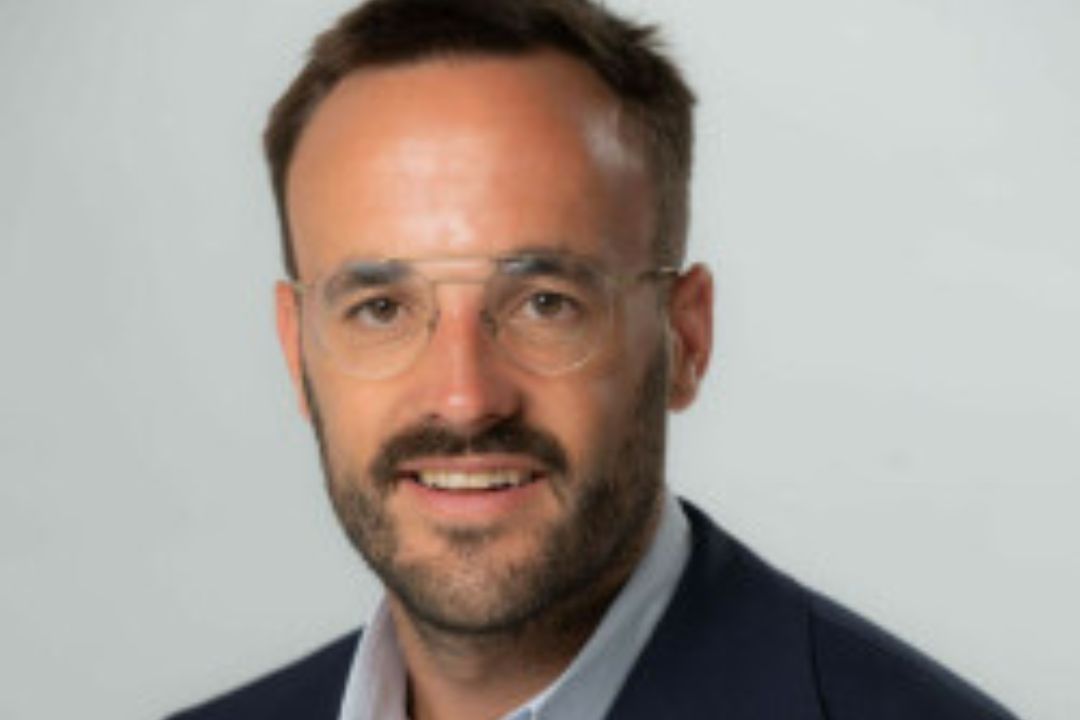11th March 2025
Bringing a new healthcare innovation to the market is an intricate, high-stakes journey. Without the right tools, innovators risk investing in solutions that may never reach patients. But what if there was a way to make smarter, evidence-based decisions from the start?
Early Health Technology Assessment (eHTA) is a game-changing methodology that helps innovators assess technical, clinical, and market feasibility early in development. This topic is particularly relevant for two reasons. Firstly, the new EU regulations on HTA came into effect this January. Secondly, we have launched our eHTA Introductory Training exclusively for InnoStars Members.
In this conversation, we speak with Rok Hren and Bertalan Nemeth from Syreon Research Institute, one of the InnoStars partners in Hungary, about why eHTA is not just an assessment tool but a strategic advantage for those navigating the complexities of healthcare innovation.
1. Could you briefly explain the concept of Early Health Technology Assessment (eHTA) and why it is important for everyone who works in healthcare innovation?
Early Health Technology Assessment (eHTA) is a systematic evaluation of the properties and impacts of a new health technology. It is essential because it helps optimise resource allocation, ensuring that investments are directed toward technologies with the highest potential impact.
2. Innovation is an open-ended process, especially in healthcare, where the risk of failure with new technologies or products is very high. How does eHTA knowledge help reduce it?
eHTA identifies technical, clinical, and market challenges early in the development process. By doing so, it minimizes costly late-stage corrections and reduces the overall risk of failure. This enables early project owners to manage risks and maximize the potential of their technology. eHTA is really about pricing your innovation based on value, not cost. This key knowledge will help your innovation reach the market with a solid business model rather than relying on wishful thinking after development.
3. What does it mean to use evidence-based decision-making, and how can it improve the strategy to secure funding throughout the innovation process?
Early Health Technology Assessment generates robust, early-stage data that informs decisions by payers, regulators, and other stakeholders. This data is critical for making informed decisions about which technologies to pursue and invest in. Consequently, with that knowledge, you have significantly better chances of securing investment or, if you are an investor, avoiding costly failures.
4. In January of this year, new EU rules on HTA came into force. What significant improvements do they bring in ensuring that innovative and effective health technologies are available to patients across the EU?
Firstly, we need to recognise the extensive work spanning nearly two decades that has shaped the Joint Clinical Assessment (JCA) through a series of EU projects with broad stakeholder involvement and publicly available materials. The JCA aims to harmonise HTA processes across EU countries by producing a joint evaluation on the same evidence on effectiveness and safety, thereby reducing duplication of work, while still allowing considerations that may be important for different jurisdictions. This allows HTA agencies to focus on country-specific aspects (e.g. cost-effectiveness, budget impact) while providing various stakeholders, including clinicians, patients, and pharmaceutical companies with a single, consistent clinical assessment for each drug. By requiring evidence submission only once, JCA supports companies developing innovative medicines that benefit patients, making the process more efficient and impactful for all stakeholders. This represents a significant advancement over the current fragmented system.
5. Our eHTA Introductory Training is now open exclusively for EIT Health InnoStars Members. How can they utilise this training with basic eHTA knowledge?
InnoStars Members can benefit from this training in two key ways. First, they can use it internally to boost their team’s understanding of eHTA and its practical applications. By doing so, they can make more informed decisions about their R&D investments, improve their strategies for securing funding, and ultimately bring innovative health technologies to market more efficiently. Secondly, they can integrate this training into their existing programmes, such as trainee programmes, student competitions, scholarships, and university lectures. By doing so, they can enhance their wider ecosystem’s or partners’ overall knowledge and ensure everyone stands in common ground when evaluating healthcare innovations.
5. Could you briefly explain why Syreon Research Institute is considered an expert in this field and what other services you can offer for those who have early-stage projects and found the eHTA methodology useful?
Syreon Research Institute is a leader in the field of health technology assessment (HTA) and health economics in Central Europe. Since 2008, we have been providing expert services in evidence synthesis, health policy, and public health. Our team, led by internationally recognised experts like Prof. Zoltán Kaló and Prof. Zoltán Vokó, has extensive experience at the intersection of clinical research and economic evaluation. For those with early-stage projects, we offer a range of services to support the successful development and market entry of new health technologies. These include:
- Early-Stage Consulting: We help identify technical, clinical, and market challenges early in the development process to minimize risks and optimize resource allocation.
- Evidence Generation: We provide robust data to inform decisions by payers, regulators, and other stakeholders, increasing the chances of securing investment.
- Training and Workshops: We offer tailored training programs to enhance understanding of HTA and its applications, ensuring that teams are well-prepared to navigate the complexities of healthcare innovation.
- Strategic Planning: We assist in developing comprehensive business models and market access strategies to ensure that innovations reach the market efficiently and effectively
By leveraging our expertise and resources, early-stage project owners can maximise the potential of their innovations and bring valuable health technologies to market with confidence.
Europe's top health start-ups take centre stage: EIT Health Catapult winners are revealed at HLTH Europe

2025 Catapult programme winners announced.
Finding Europe’s next healthtech leaders: Insights from Antoine D’Hollander

Insights from Antoine D’Hollander, Capricorn Partners.
EIT Health supports 17 promising deep tech start-ups bridge the ‘Valley of Death’

Providing start-ups with the right support.